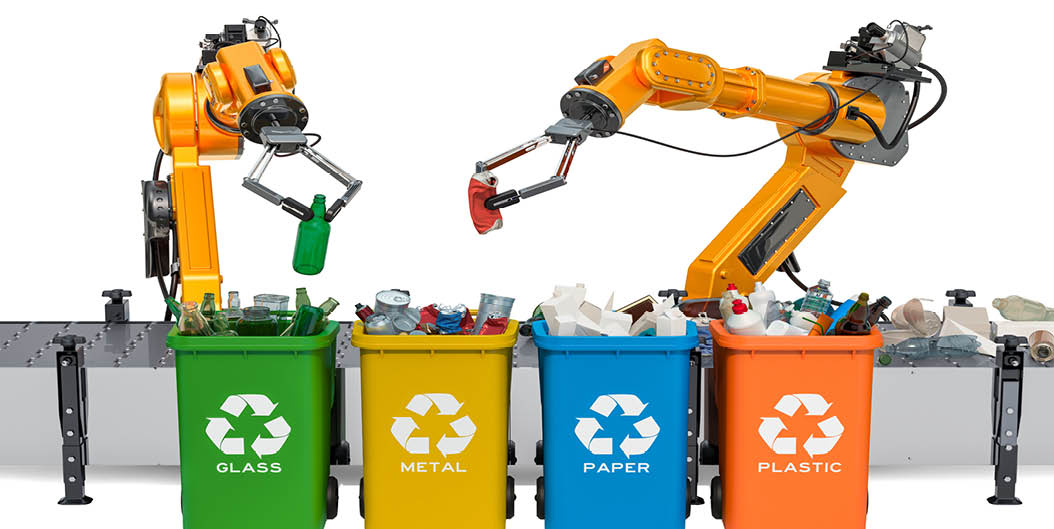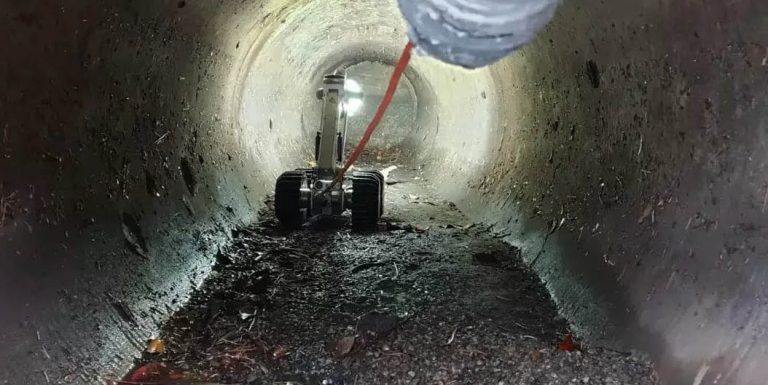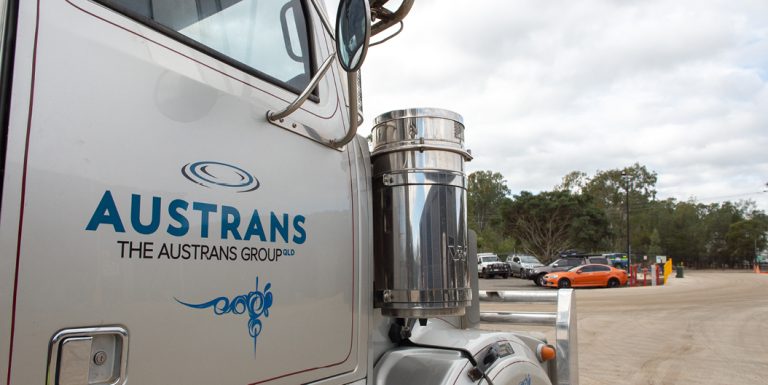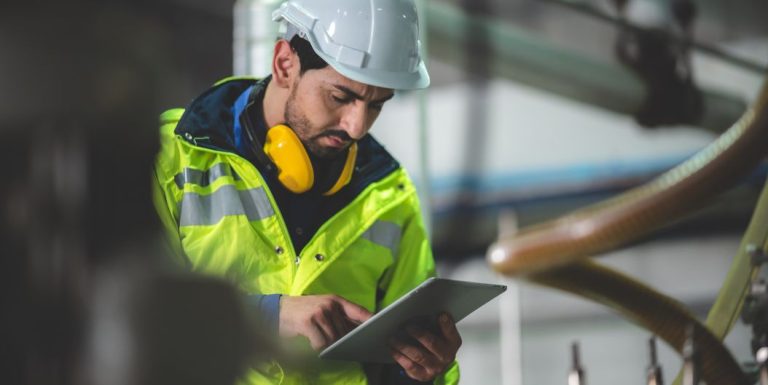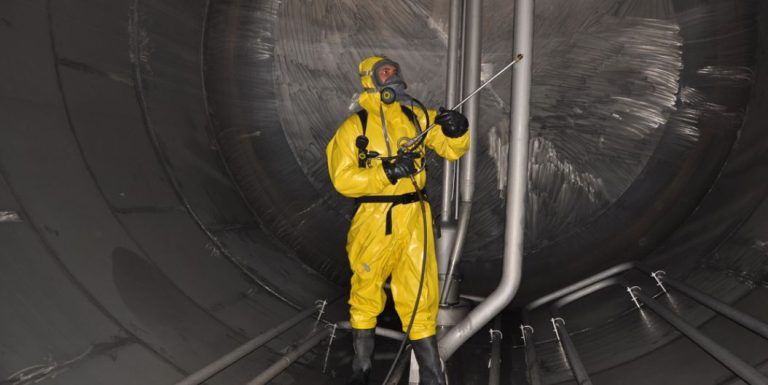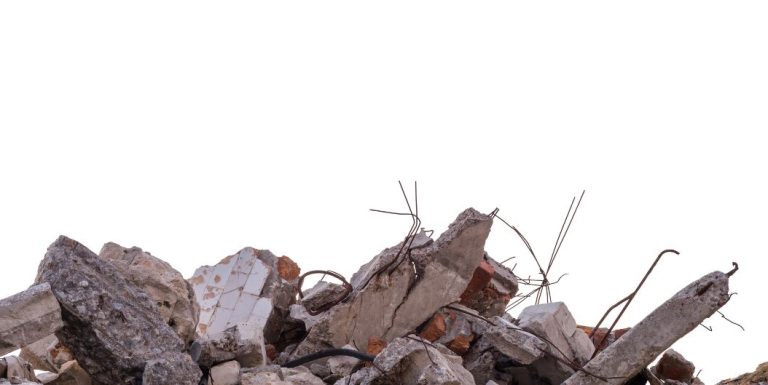Waste Management Innovation Trends In 2023
With an increasing demand for digitalisation, sustainability, and autonomous operations in the waste management industry, new trends are emerging.
Artificial Intelligence
The rise of AI has prompted many to seek ways to simplify monotonous and time-consuming tasks, including waste management. The process involves scheduling pickups, trucking, and sorting, which can be cumbersome when dealing with large amounts of waste. Integrating AI into workflows can automate waste management and improve efficiency.
- Dr Xu Wang and a team from the University of Technology Sydney’s Global Big Data Technologies Centre are developing a smart bin that automates the sorting of plastic recycling using AI, robotics, and machine vision.
- Meanwhile, researchers from the University of South Australia are using AI in rubbish bins to monitor public bin collections and optimise public bin emptying schedules by predicting high-traffic waste areas.
Robotics
Waste sorting is a tedious and time-consuming task, and human inefficiencies can lead to increased landfill waste. To address this challenge, waste management facilities are turning to robotics. Industrial robots equipped with sensors, computer vision, and AI are automating waste segregation, ensuring precise material-specific disposal.
- Veolia, the benchmark company for Ecological Transformation, has trained dog-botics to collect littered waste such as plastic, paper, and glass. Two dog-botics named Scoop doggy dog and Clean-up have successfully collected bottles and cans from the promenade of Bondi Beach in Sydney to be recycled instead of ending up in the ocean.
Internet of Things (IoT)
The Internet of Things connects computing devices via the internet for data exchange. IoT-based waste management tracks waste bins in real-time, preventing overflowing dumpsters and ensuring timely collection and disposal.
- There is now an app to present data visually to collection truck drivers or management in the office, including estimations of trash levels and predictions of when bins will be full. The app also suggests alternate routes for optimisation, ideal bin sizes, and other methods to improve operations.
Circular Economy
The circular economy minimises waste by repurposing existing products into new raw materials or products, promoting reuse.
- BINGO, a waste collection company in Australia, focuses on recycling and views waste as a valuable resource. It has become a leading waste recovery and management company, achieving industry-leading recovery rates and promoting the use of recycled building and landscaping products.
Advanced Recycling
Waste facilities use advanced recycling methods, like material scanners and autonomous waste picking, to improve efficiency and increase waste stream quality. Chemical recycling innovations also allow for high-quality material recycling.
- Amcor ANZ and biotech firm Licella Holdings have signed an agreement to construct a cutting-edge plastic recycling facility in Melbourne, Australia. The proposed plant will use Licella’s Cat-HTR technology to process 20,000 tonnes of plastic waste annually and transform soft plastic into food-grade post-consumer recycled content.
Decomposition Technologies
Decomposition technologies use a natural process that breaks down organic waste into simpler forms using bacteria or fungi. It enriches the soil with beneficial nutrients and prevents soil erosion, making it an effective decomposition technology.
- Black soldier fly maggots and robot technology have diverted 350 tonnes of food waste from the Albury landfill. The trial project at the Albury Waste Management Centre processes food waste into insect protein and fertiliser in just 10-12 days. The machine removes packaging, grinds the food, and feeds it to insects in a robotic system.
The world is changing, and these waste management innovation trends are only the start of what we’re about to see. It won’t take long for it to be normal to see robot dogs walking around collecting waste in your neighbourhood.
Meet The Experts In Resource Recovery And Recycling
Established in 1999, the Austrans Group is proudly Australian owned and operated, and is now recognised as an industry leader in hazardous waste management, industrial services, project management all over South East Queensland.
From public infrastructure to assisting in massive environmental rehabilitation and providing complete disaster recovery support, Austrans have done it all, and have the expertise to get the job done.
At every stage of business we have made our passion for sustainability a key focus. If you want to collaborate with a team that values the importance of sustainability and deeply cares about the environment and community, get in touch with us today and we can work towards building a rewarding partnership.

